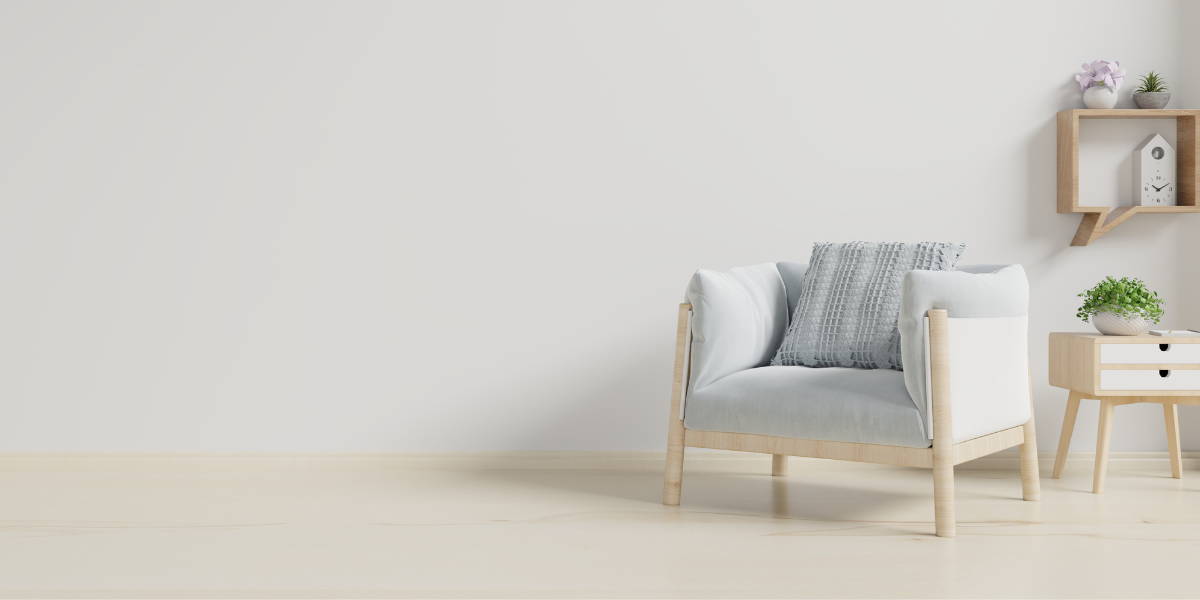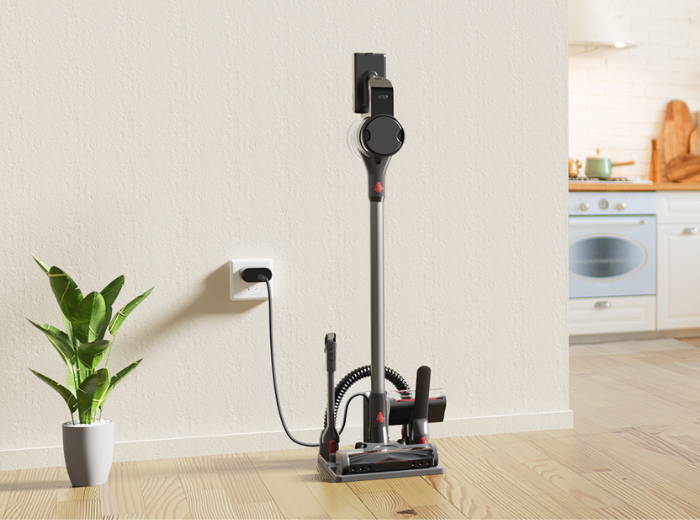Is it worth paying more for a HEPA filter vacuum?

When it comes to purchasing a vacuum cleaner, one of the most important considerations is the filtration system. A high-efficiency particulate air (HEPA) filter is one of the most popular and sought-after filtration systems in vacuums. But, is it worth paying more for a HEPA filter vacuum? Let's explore.
What is a HEPA filter?
HEPA filters are designed to capture tiny particles, such as dust, pollen, pet dander, and even bacteria and viruses. HEPA filters are made of a fine mesh of randomly arranged fibers that trap particles as air flows through them. To be classified as a HEPA filter, it must be able to capture at least 99.97% of particles as small as 0.3 microns in size.

Is it an essential vacuum feature?
HEPA filters are not an essential vacuum feature, but they do provide significant benefits. If you or anyone in your household has allergies, asthma, or any respiratory conditions, a HEPA filter vacuum is highly recommended. HEPA filters capture the tiniest particles that can trigger allergies and asthma attacks. Additionally, HEPA filters can prevent the spread of germs, making them ideal for households with young children or elderly members.
What is the use of HEPA filters in vacuum cleaners?
HEPA filter vacuum trap microscopic particles and prevent them from being released back into the air. These filters are ideal for allergy sufferers, as they help to reduce the amount of allergens in the air. Additionally, HEPA filters can help to improve indoor air quality by removing pollutants, such as dust mites, mold spores, and bacteria.
Do all vacuums have HEPA filters?
No, not all vacuums have HEPA filters. Some vacuums may have a basic filtration system that is not as effective in capturing tiny particles. If you're looking for a HEPA filter vacuum, be sure to check the product specifications before making a purchase.

Can we clean and reuse a HEPA filter?
HEPA filters can be cleaned and reused, but it's important to follow the manufacturer's instructions carefully. Some filters are washable, while others are not. Cleaning a non-washable filter can damage the fibers, reducing its effectiveness. If you're unsure about how to clean your HEPA filter, consult the manufacturer's guidelines.
How often do you need to replace the HEPA filter?
HEPA filters should be replaced regularly to maintain their effectiveness. The frequency of replacement depends on several factors, such as the amount of use, the type of vacuum, and the environment. In general, HEPA filters should be replaced every six to twelve months. However, if you notice a decrease in suction power or an increase in dust and debris escaping the vacuum, it may be time to replace the filter sooner.
Conclusion
A HEPA filter vacuum is a worthwhile investment for those who prioritize air quality and suffer from allergies or respiratory issues. While they may cost more than vacuums with basic filtration systems, the benefits of a HEPA filter can outweigh the extra cost. Remember to follow the manufacturer's guidelines for cleaning and replacing the filter to ensure its effectiveness.
Based on the information available, the Maircle S3 cordless pet vacuum with cyclonic filtration system could be a great choice for those in need of a powerful and efficient cleaning tool. Its cordless design makes it convenient to use and the HEPA filter and cyclonic filtration system can effectively trap pet hair, dander, and other allergens. Additionally, its lightweight and versatile design allow for easy maneuverability and access to hard-to-reach areas.
Maircle S3 Cordless Pet Vacuum
Five-stage fully sealed filtration
The Maircle S3 has an innovative five-stage fully sealed filtration to capture 99.99% of dust particles and only expels cleaner air.
- Choosing a selection results in a full page refresh.


